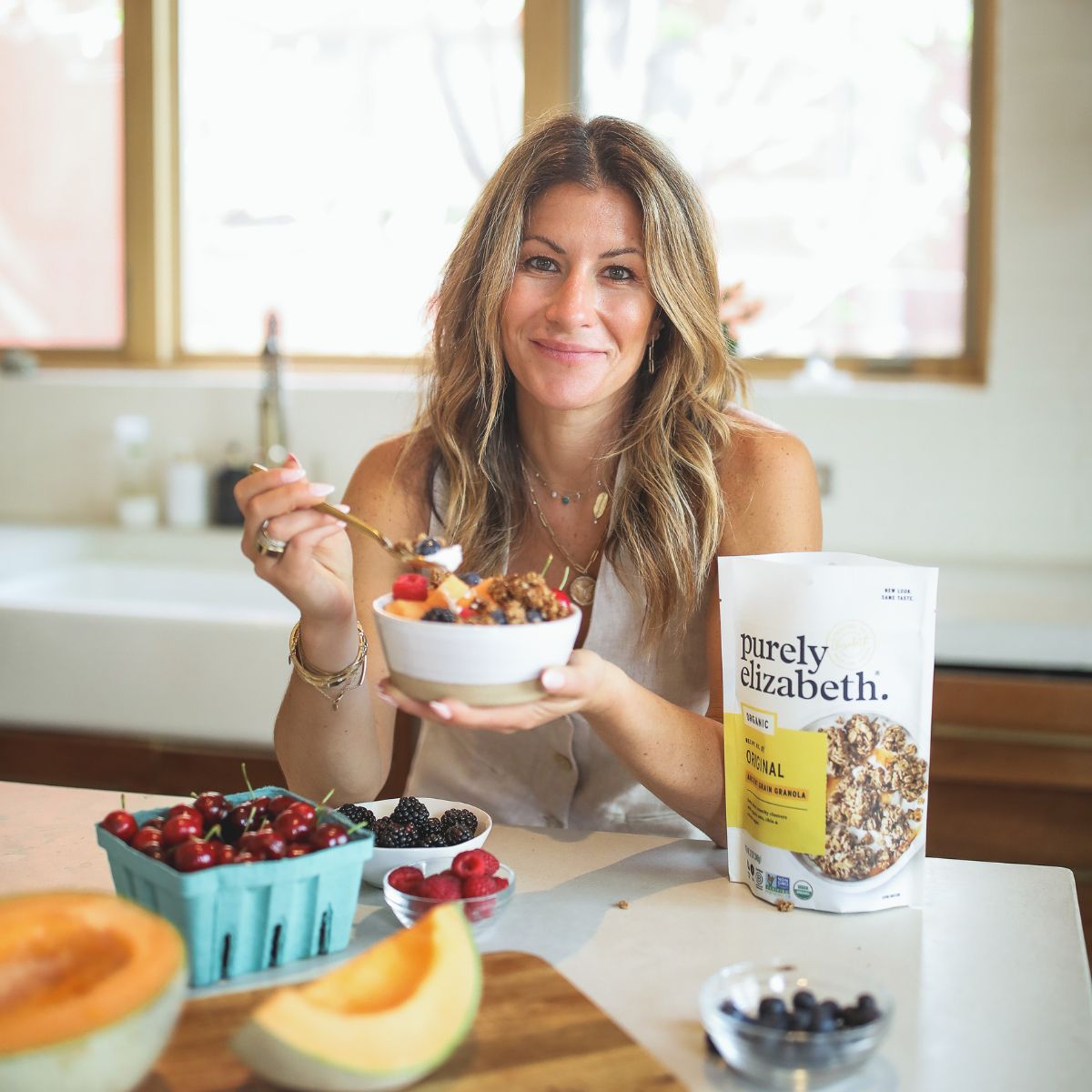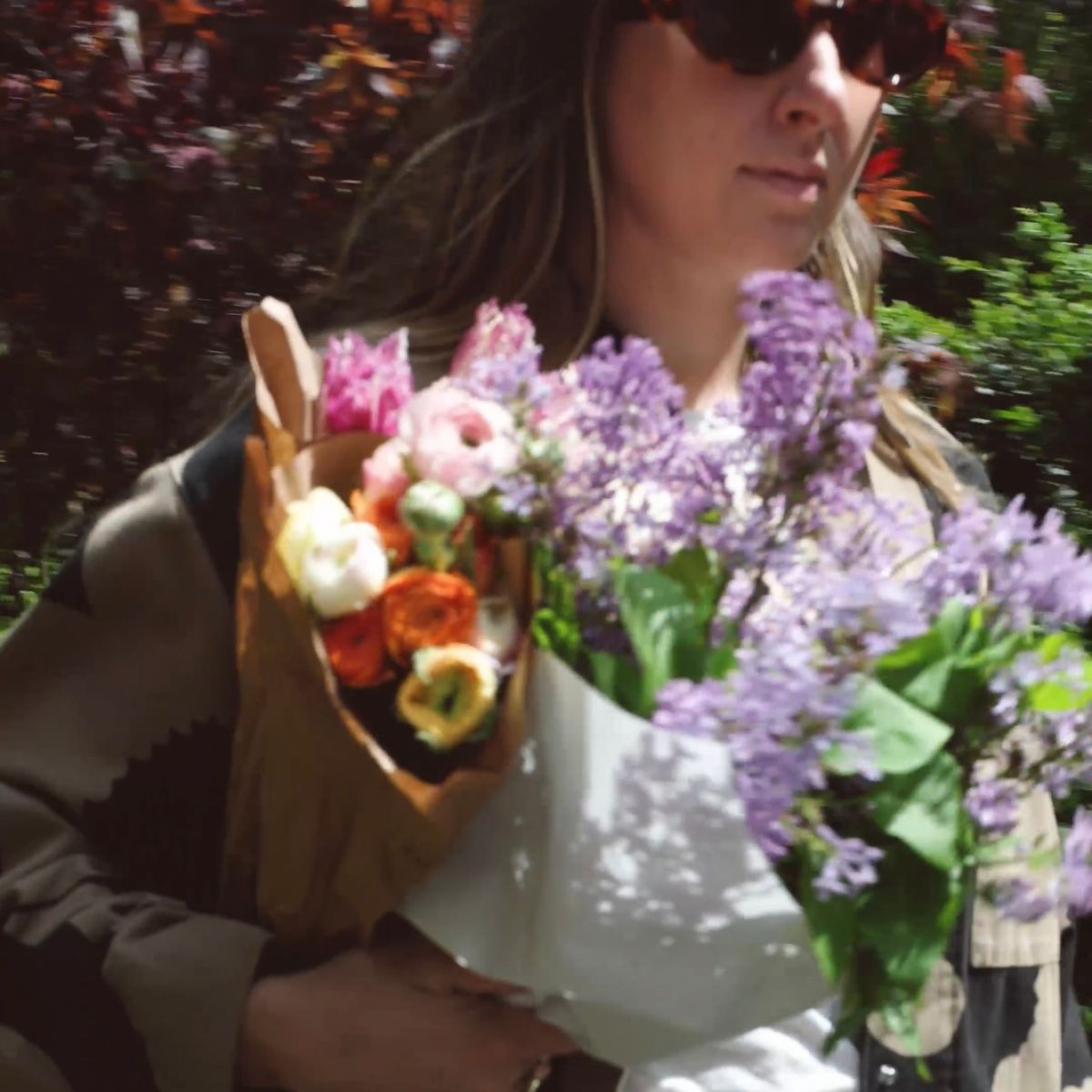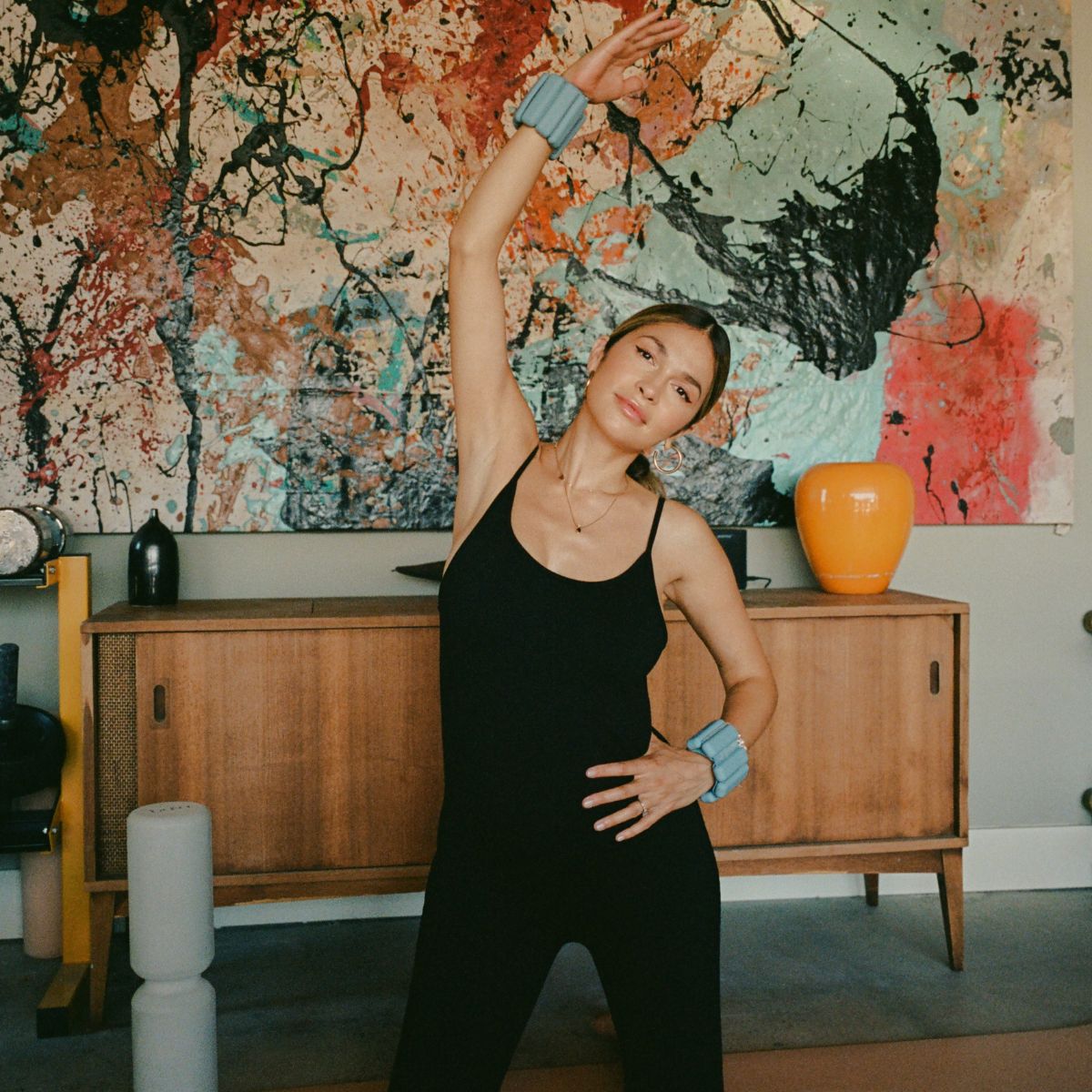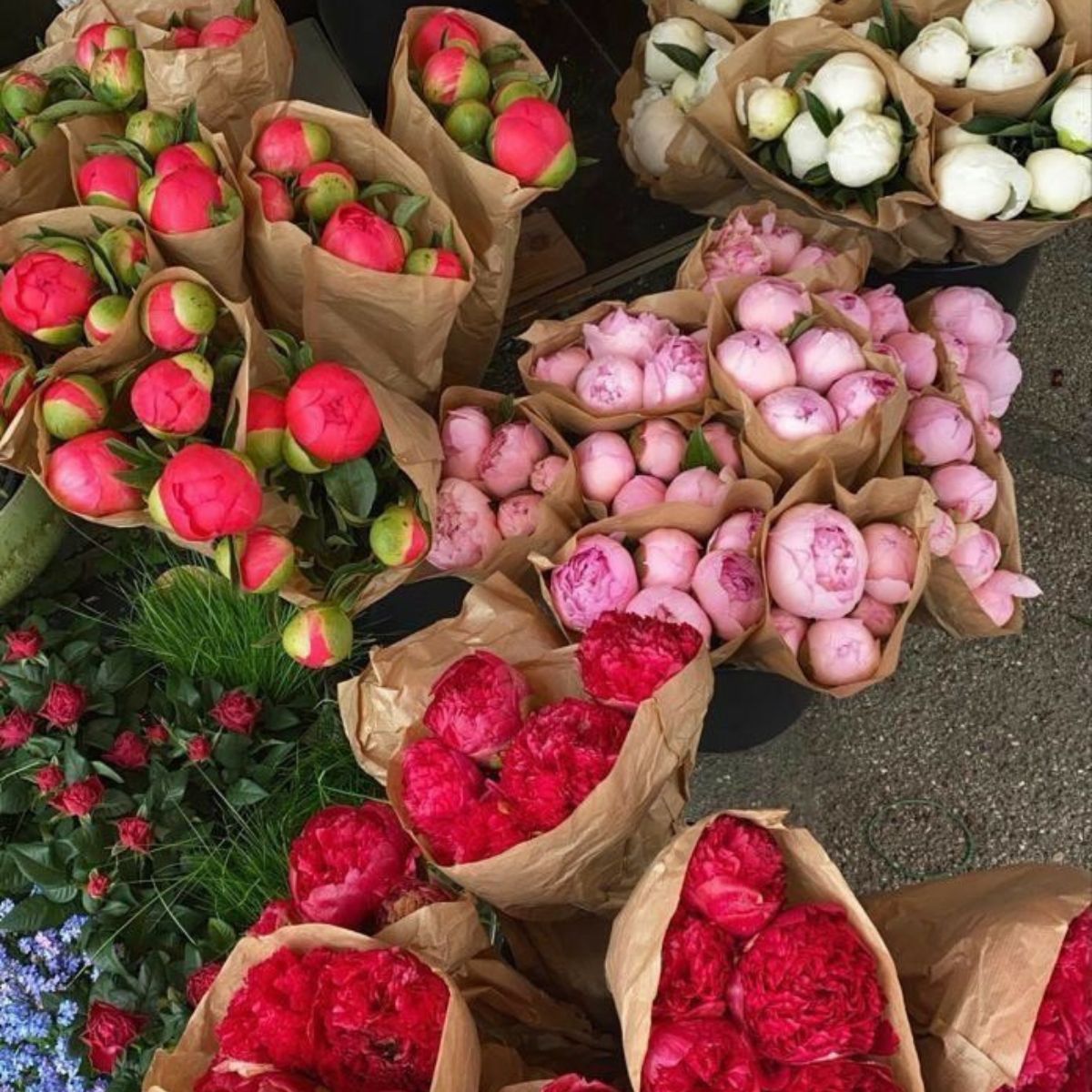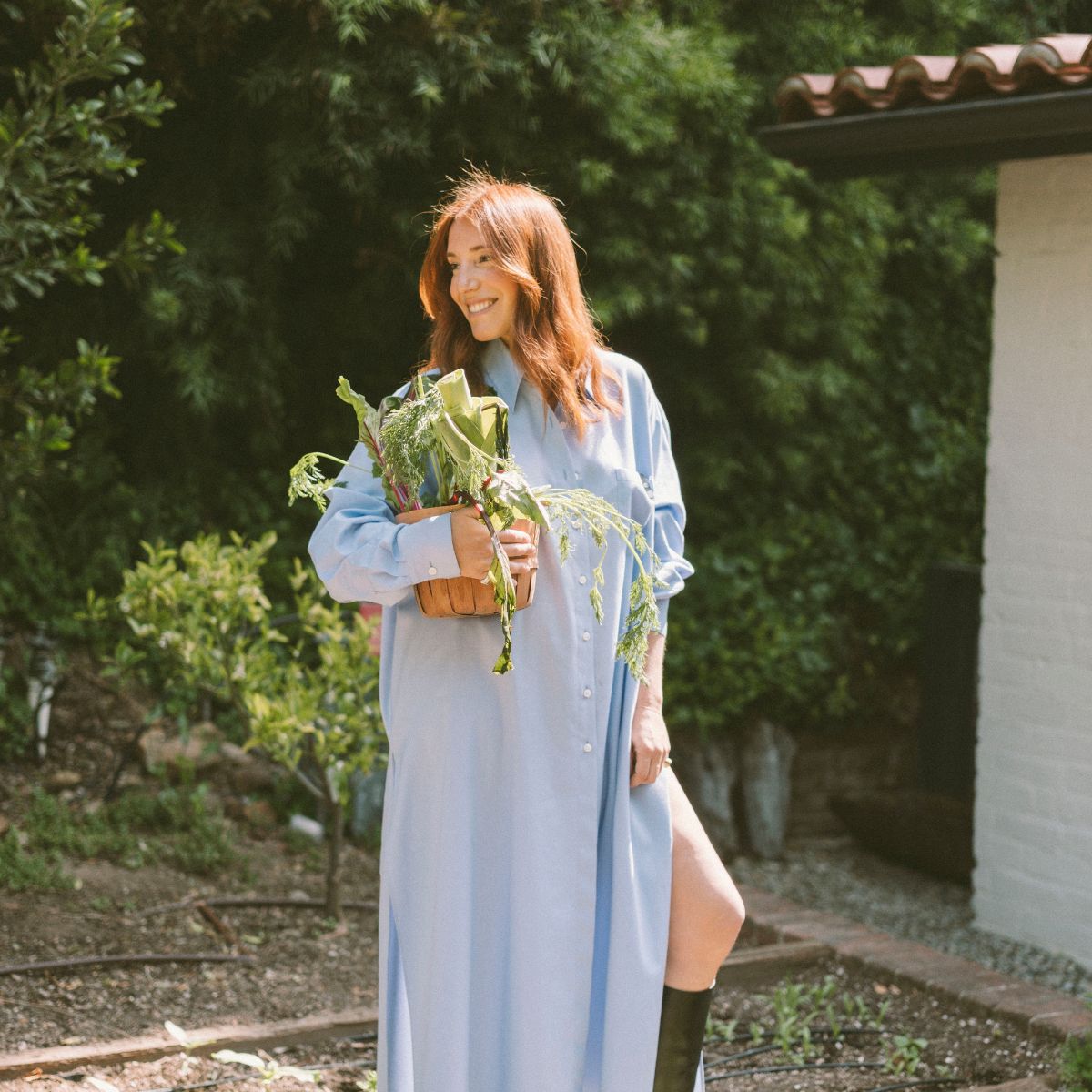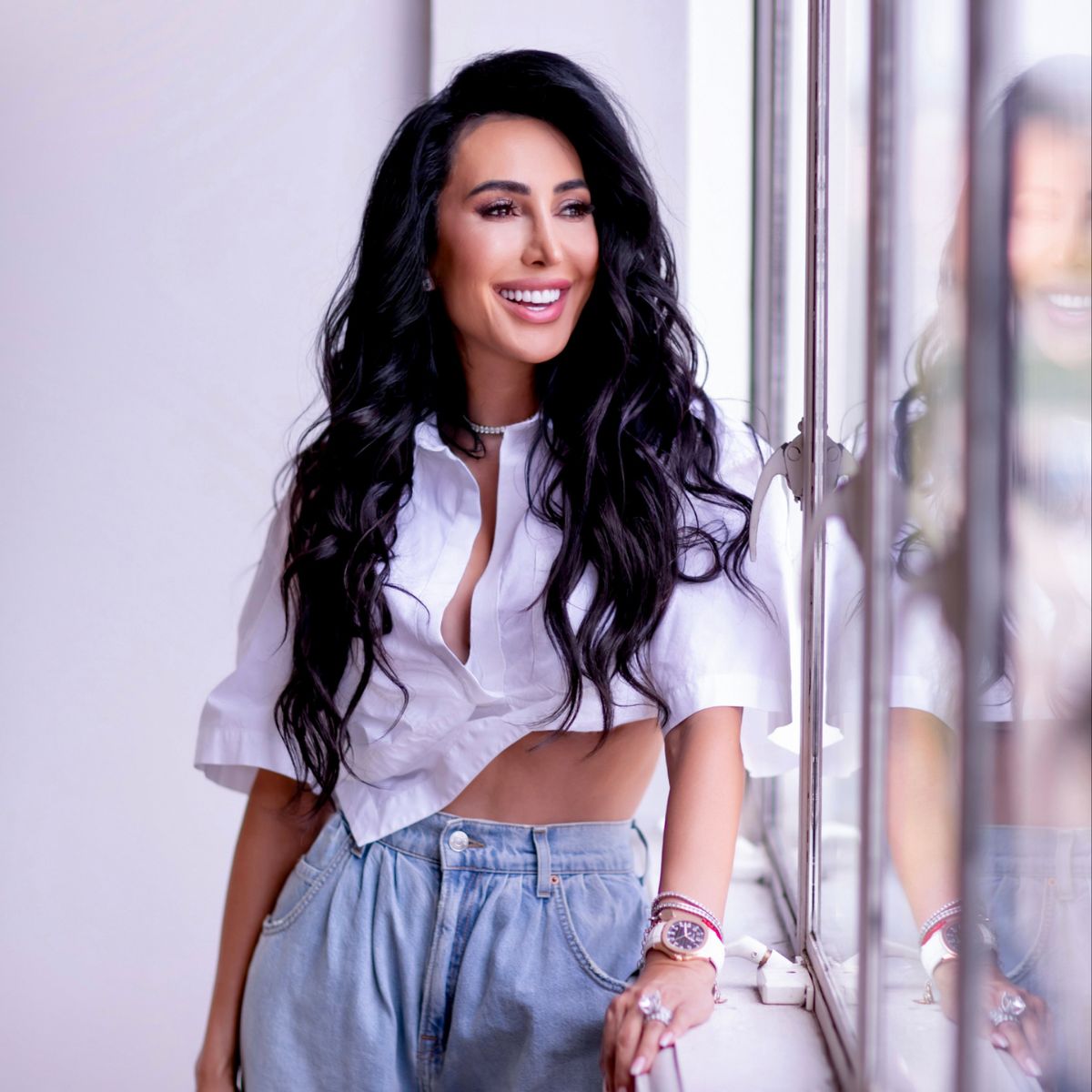Elizabeth welcomes Jason Karp, Founder, and CEO of HumanCo., a mission-driven holding company that invests in food and builds brands focused on healthier living and sustainability. In addition to HumanCo, Jason is also the co-founder of Hu, one of the fastest-growing snacking companies in the US since 2018. Jason talks with Elizabeth about focusing his efforts on health and wellness after dealing with his own struggles with autoimmune issues and mental health. He shares his journey into philanthropy, where he now impacts the next generation of food brands with Human Co., which invests in Snow Days, Cosmic Bliss, Against the Grain, and many more.
Try Snow Days for yourself here and use code SnowDaysLovesLivePurely for 20% off.




